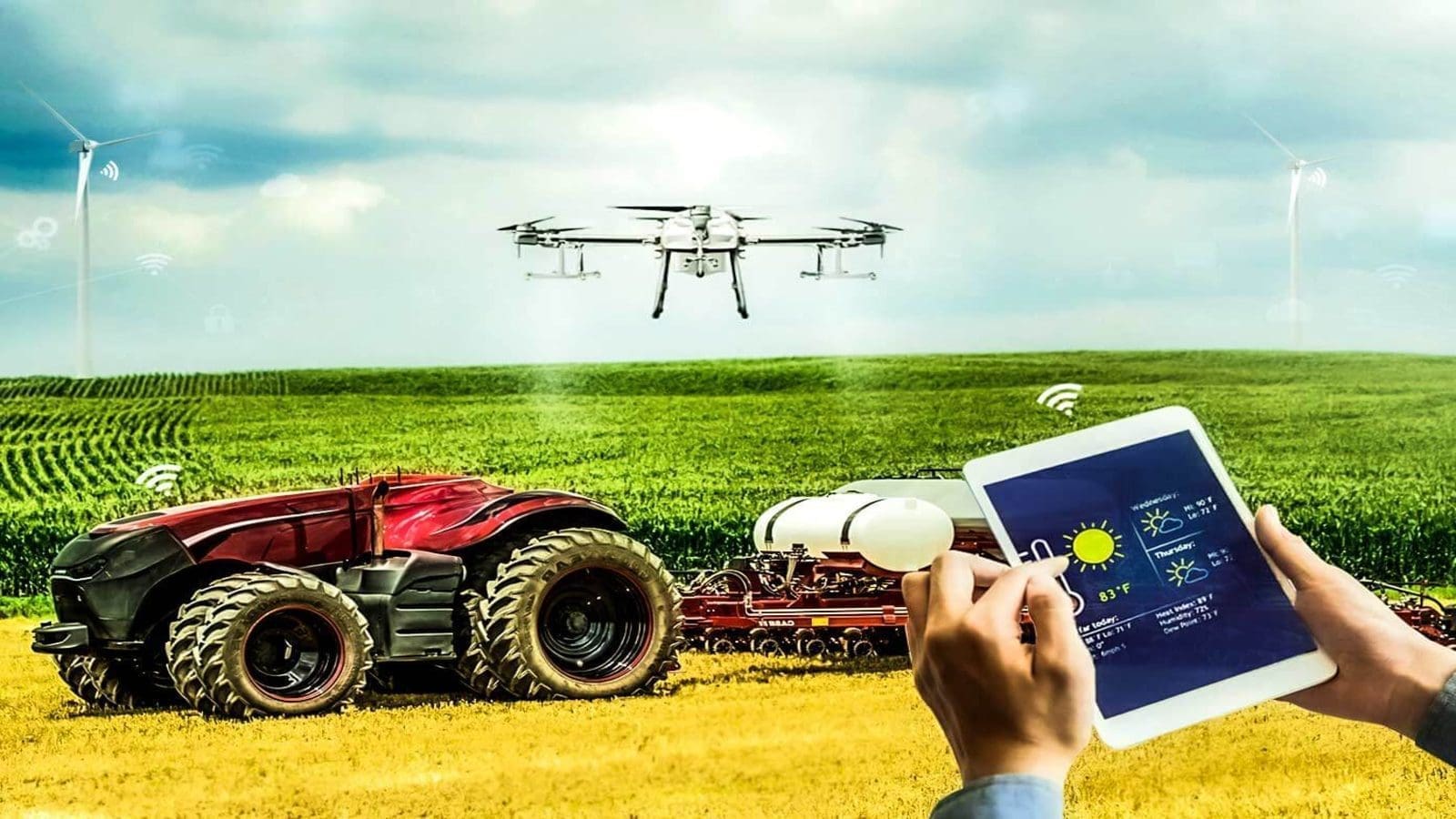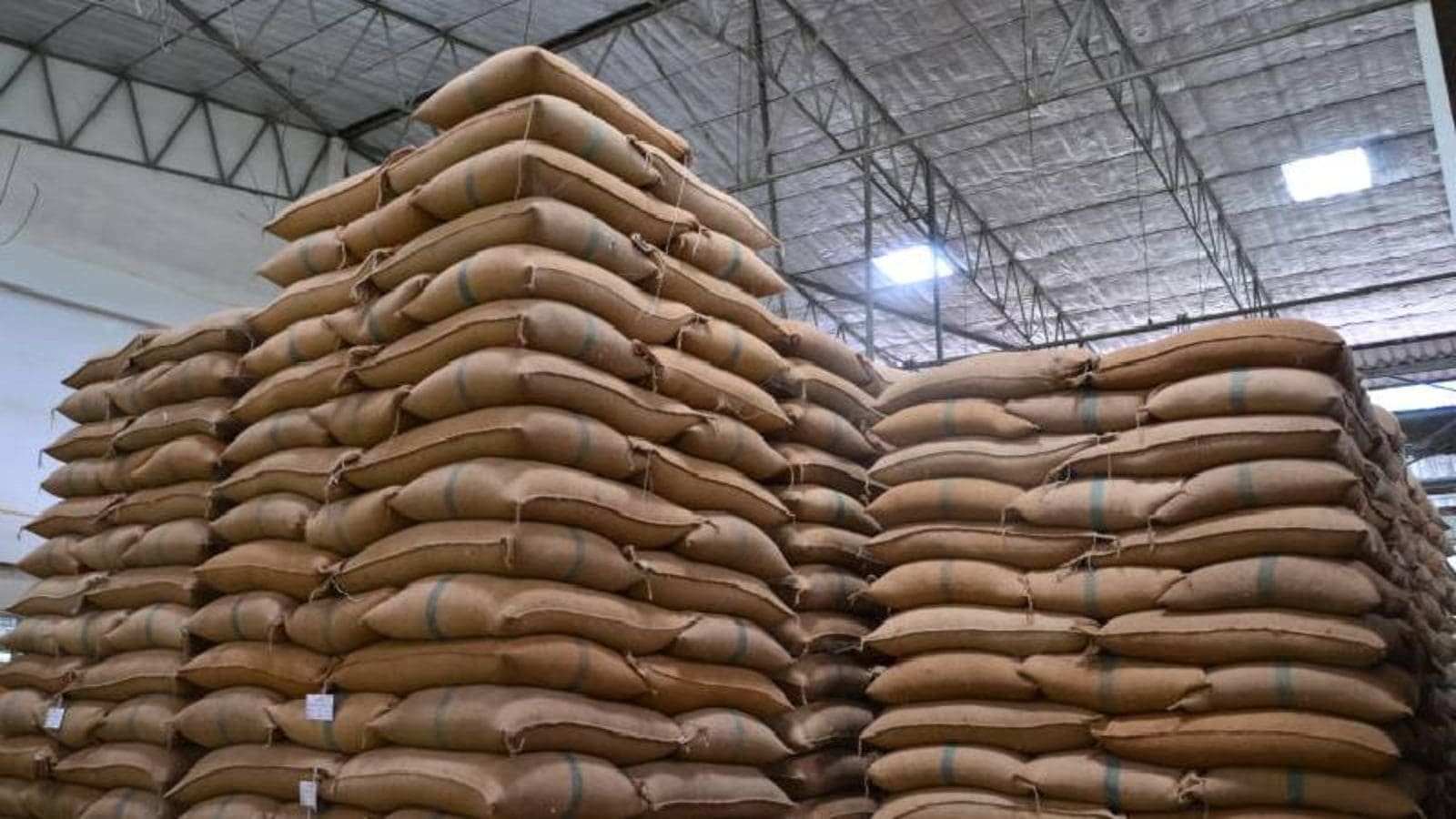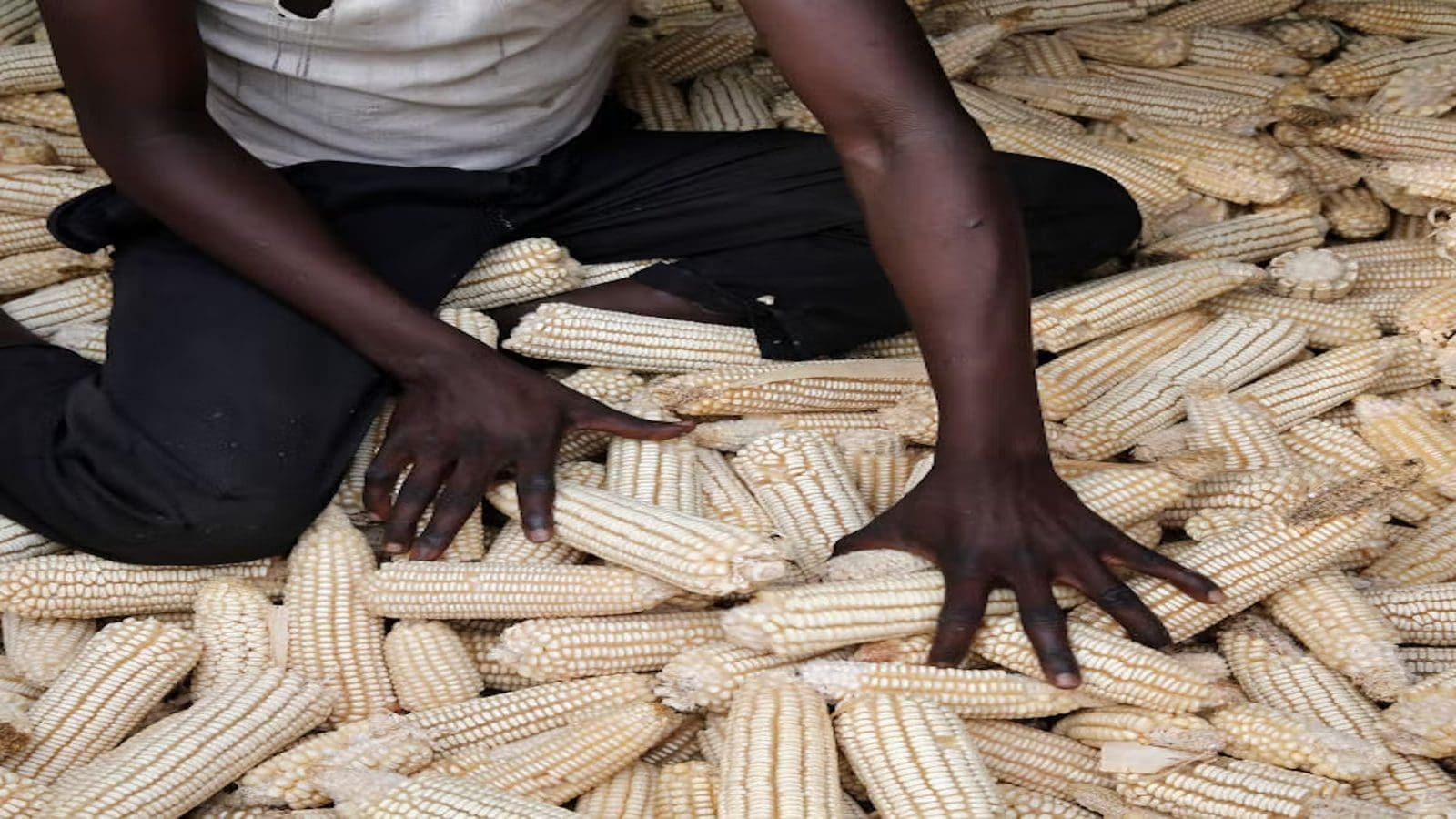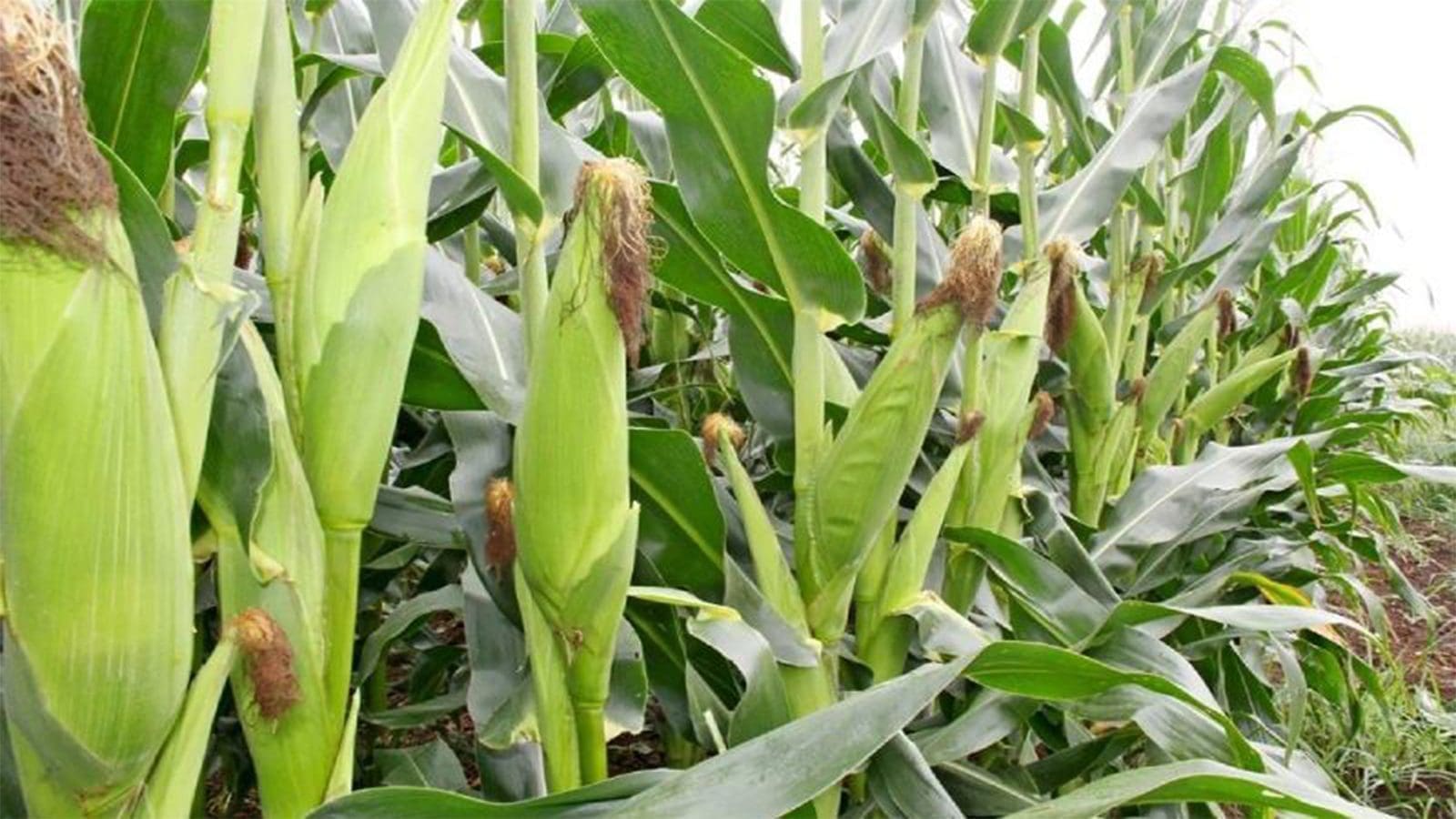SUB-SAHARA AFRICA – The World Bank forecasts maize production in sub-Saharan Africa to decline by about 40 percent by 2050 unless mechanization is fast-tracked, Star News Kenya has reported.
Maize is one of the staple foods in the continent, and a negative impact on its production poses further strain to the food system, putting pressure on already hit households and could be strained further by 1.3 billion population by 2050 in Sub-Saharan Africa.
To prevent production shortfall, the World Bank has proposed that technology could be a game-changer in boosting agricultural productivity and resilience to climate shocks.
The Bank advises that focus must be on intensifying production on agricultural land sustainably without harming the environment.
To make this a reality, fast-tracking farm mechanization while adopting the latest technology should be implemented in all agricultural systems.
The proposal followed the World Bank’s observation that land expansion initiatives have boosted agricultural production in the past, though it comes at an environmental cost.
World Bank report comes barely a week after the United States Department of Agriculture (USDA) predicted a surge in maize consumption to 84.8 million tons in 2022/2023 amid a 4% decline in production, citing the impacts of drought.
In Kenya, data by Statista shows the production volume of maize in 2020 declined to 42.1 million bags, down from 44 million bags in the previous year, a 4.3% drop ascribed to unfavorable weather conditions.
The situation further worsened due to a 70% increase in fertilizer prices between 2021 and 2022 resulting in a further drop in maize yields in 2022.
World Bank has committed to incorporating precision technology into its agriculture projects around the continent, from satellites that provide accurate climate data and Internet of Things devices like smartphones to cutting-edge innovations like blockchain.
In Kenya for instance, the bank is deploying big data from remote sensing and GIS-enabled technologies to support the implementation of agro-weather analytics that enable accurate weather monitoring, and data that will enable smallholders to know how and when to apply inputs for optimal results.
For all the latest food industry news from Africa and the World, subscribe to our NEWSLETTER, follow us on Twitter and LinkedIn, like us on Facebook and subscribe to our YouTube channel










